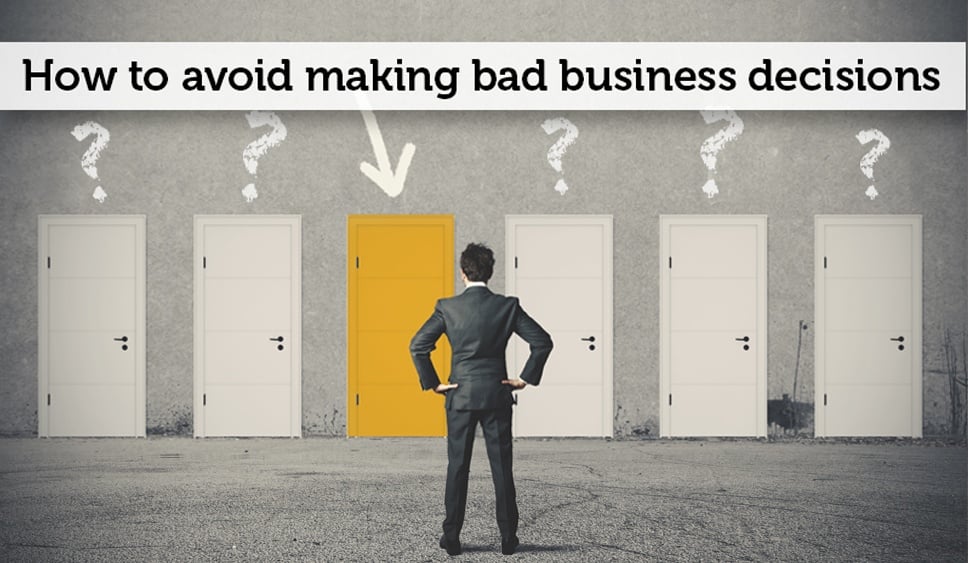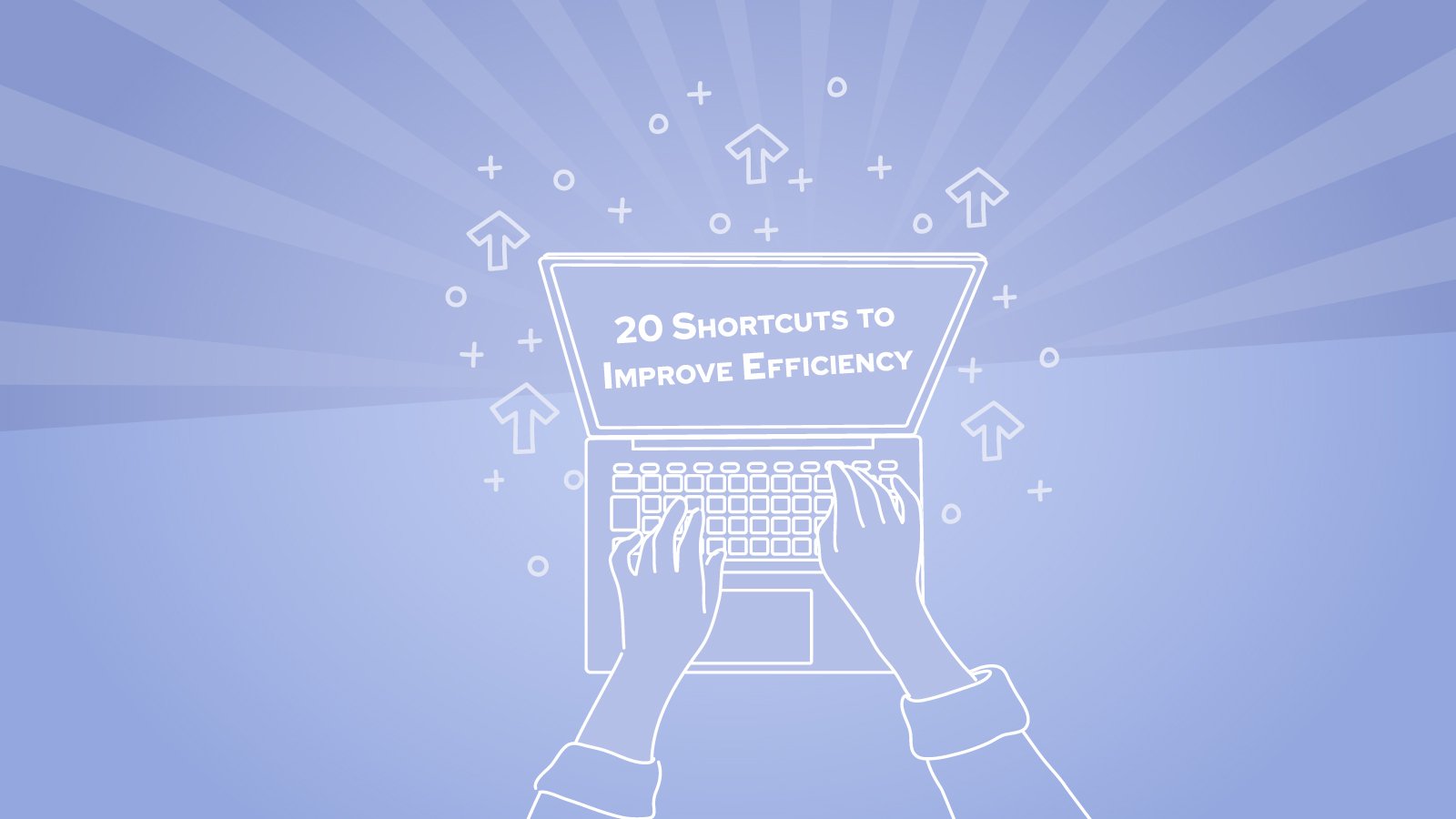 |
In the non-corporate sector, key commercial decisions are made either by owner/managers or small Boards of Directors with wide-ranging responsibilities beyond the narrow remit often found in large corporations. With pressures to generate sales, increase margins and create cash, mistakes are costly.
Here are 10 things you can do today to avoid making bad business decisions:
ACTION 1: Trust evidence not your gut
Work done by cognitive psychologists over the last 50 years shows that the brain is littered with biases that lead us into error and when you rely on ‘gut instinct’ rather than evidence, what you are really doing is letting your biased brain make the wrong decision!
ACTION 2. Don’t always do what’s familiar
In your personal and professional life, you will notice you have many patterns of behaviour that you repeat. These patterns are your most habitual ways of responding to the challenges you face. Stand back from them and learn what they are. Then practice an unfamiliar response and notice what happens. This isn’t what’s known as ‘thinking outside the box’. It’s a much simpler process known as thinking.
ACTION 3: Play jazz or be a MasterChef
Successful entrepreneurs work with the materials they have. They improvise like jazz musicians or work with the materials they have like contestants on MasterChef. Today, write down some of the key ingredients of your business such as products, services, ideas and staff. Are you making the most of what you have? What else can you do today that you hadn’t thought of yesterday? How will you know if it works?
ACTION 4: Focus only on what you can control
Almost all of you misery, at home and at work, comes from trying to control things you can’t control, mostly other people. You make be familiar with phrases like, ‘If only he/she would change then my life would be perfect…’ or ‘If only they paid their invoices on time, I would be a successful entrepreneur…’ Start today by making an inventory of things to do that are within your power to change and don’t let anything else bother you.
ACTION 5: Refuse to be a victim
Once you have made the decision to focus on what you can control, you have also made the decision to stop being a victim. If a company goes bust on you, ask yourself why you extended their credit before complaining about not being paid. If an employee makes serial errors, take responsibility for employing them and act on their performance – only victims waste time and energy blaming and moaning.
ACTION 6: Regret nothing
You can’t change the past, so accept the decisions you made and whatever happened to you, whether it was within your control or not. You need all the energy you have to focus on the present. Regrets about the past serve no propose other than to deplete those reserves of energy. Make a list of all the things you regret and put the number of hours you’ve spent regretting them beside each one. Take a moment to tell yourself how stupid you’ve been then burn the list.
ACTION 7: Stop worrying
The flip side of regret is worry or anxiety. While regret looks backwards at things you wish had never happened yesterday, anxiety looks forward, in fear, at things that might happen tomorrow. The average person spends seven years of their lives worrying about things that never happen, most of which they have no control over. By all means, explore future possibilities but do it without worry and without losing the balance of your mind.
ACTION 8: Run the business you have, not the one you want
There is a very thin line that separates visualising a positive future and getting lost in fantasy. You may dream of a profitable, secure, cash generative business that allows you to spend six months of the year in St Lucia, but if what you have is a business that’s not going in the direction you want, deal with that business first. Lady Gaga is famous for taking down her platinum discs and imagining she’s starting form scratch every time she works on a new song. Imagining scarcity is better than imagining abundance – it keeps your world real.
ACTION 9: Pause and be mindful
Right now, pause. Take a look at your business as it is. Notice what people are doing. Not what they should be doing but what they are actually doing. Notice without judgement and without filtering out things you don’t want to see. What you are doing is, in its simplest form, called mindfulness. Businesses, large and small, are using mindfulness techniques to reshape their business. They’re doing it because it helps to notice what’s really going on.
ACTION 10: Be present
Make a decision to work with what you have, to use evidence and to focus only on things you can change without looking back with regret or forwards in fear. See the business you have as opposed to the one you fantasise about. When you do this, then you are present. This means your mind is sufficiently grounded and clear to make effective changes to your business. This honesty and clarity are essential if you are to avoid making bad business decisions. Start doing it today and notice what happens. We guarantee it will change your business for the better.



